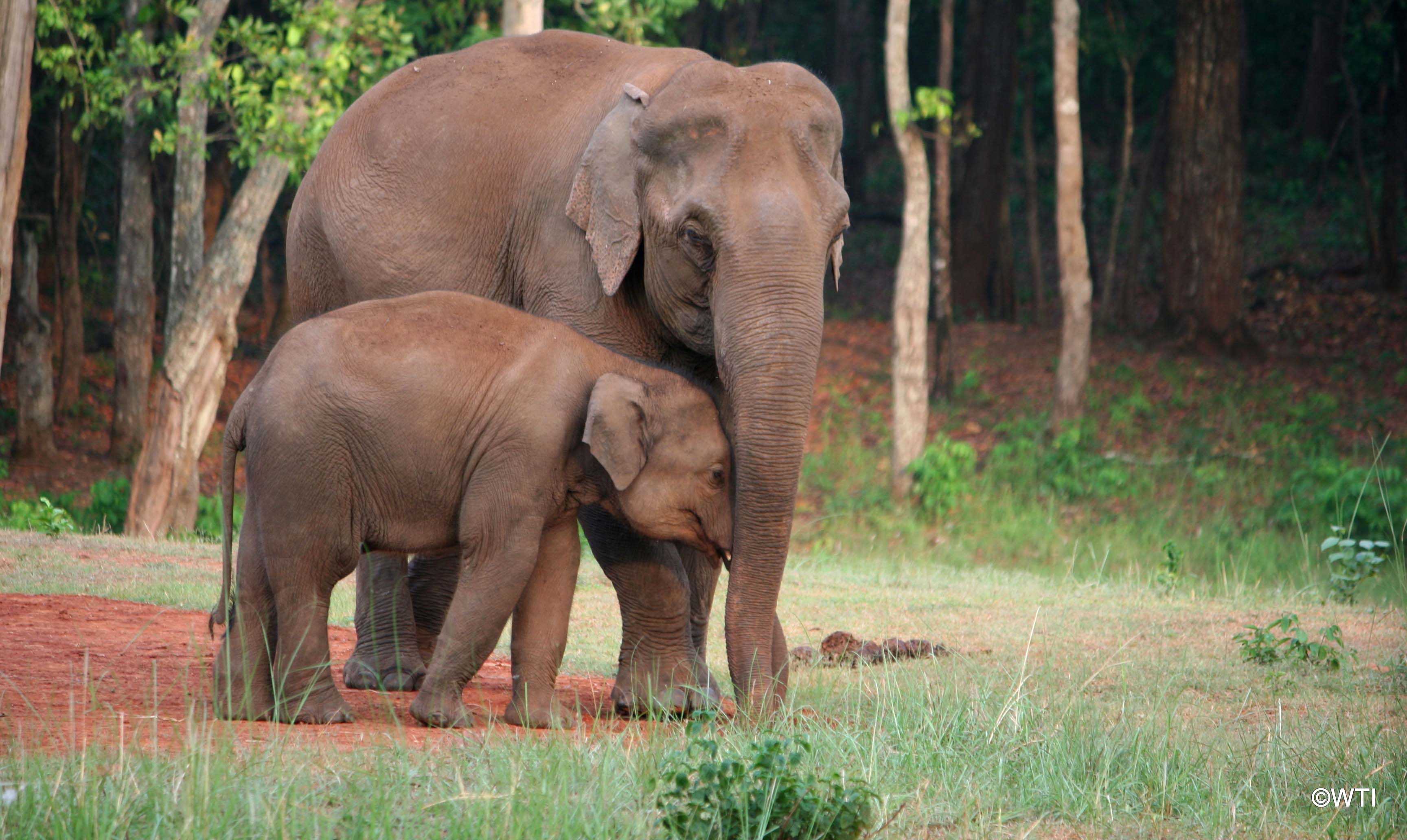
To secure a future for India’s wild elephants, it is essential that we ensure their unhindered movement between key habitats. And to do this, designated corridors must be legally secured and protected. This is what Wildlife Trust of India (WTI) has been working on through the Right of Passage project for the last decade-and-a-half and has identified 101 such elephant corridors across 11 states of India. Our aim, in partnering with the Government of India’s Project Elephant, the forest departments of elephant range states, and various non-governmental organizations, has been to protect and secure elephant corridors, while simultaneously rehabilitating (and improving the livelihoods of) people affected by conflict in corridor areas.
The idea of taking Gajah (elephant) to the Prajah (people) was a key recommendation in the report of the Government of India’s Elephant Task Force (2010). Taking this recommendation forward, Gaj Yatra was conceptualized to generate public and political will and the resources to help secure #RightOfPassage for elephants in India.
The aim of the Gaj Yatra campaign is to sensitize Policy Makers, communities living in corridor areas, stakeholders and the masses about elephant corridors.
In partnership with the Ministry of Environment, Forests and Climate Change (MoEFCC), the Gaj Yatra is going to travel to 12 states of India with elephant corridors.
The Gaj Yatra will celebrate the elephant by spreading awareness on elephant corridors and reaching out to people living with human-elephant conflict at a grass root level in elephant states. The Gaj Yatra will use local performing arts and culture to reach out to the populace along its target routes. Art for Elephants will be a key component with local craftsmen encouraged to produce elephant themed works. This will help build and increase people’s affinity towards elephants.